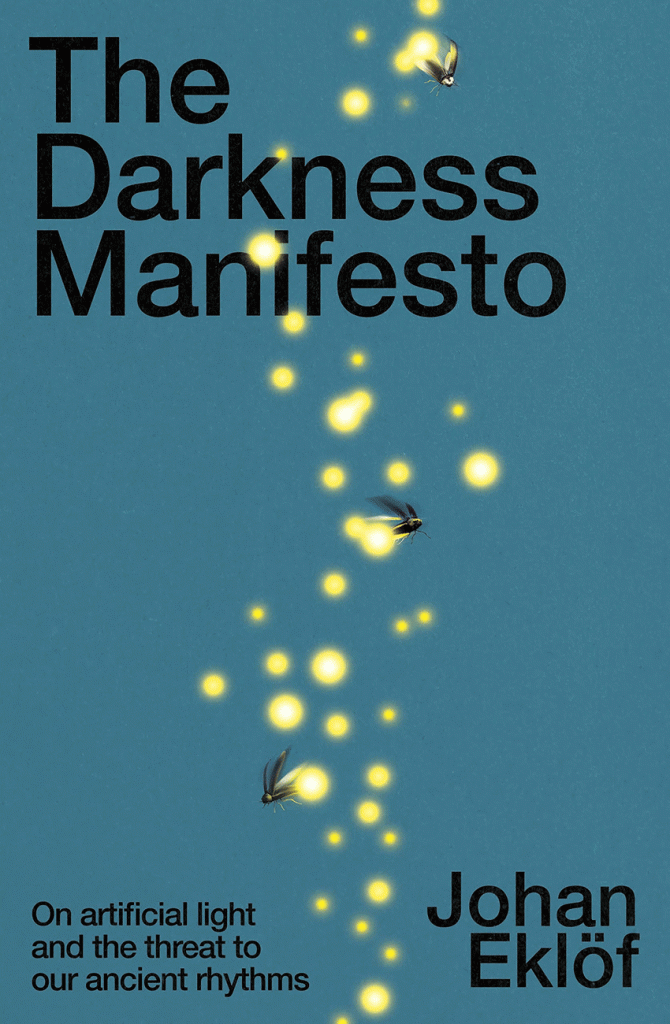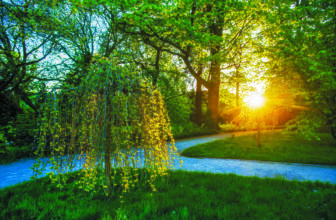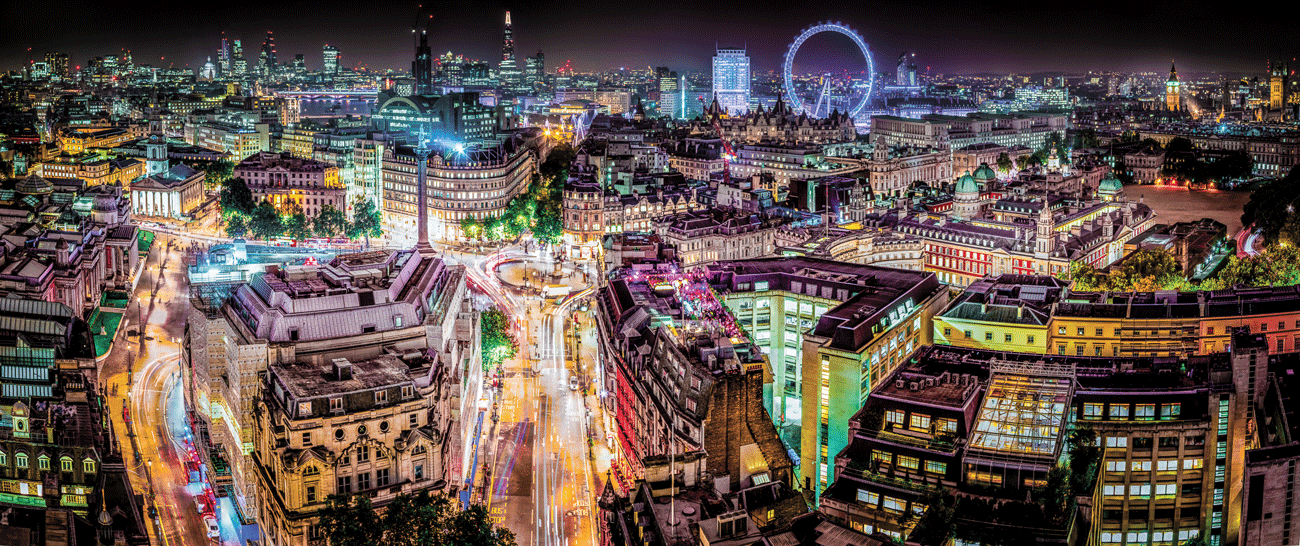
by Miki Marks
Fortunately, I sleep at the back of my house. At night, it is blessedly dark, as it should be. The front of my house is a very different matter; the street lights go off, but plenty of artificial light remains. Light pollution is a term that has only come into use fairly recently. More and more research concludes that the cancelling of the dark is having a dramatic and detrimental effect on us all.
Not only humans but all life is governed by what is called the Circadian Rhythm. This allows living beings to adapt to the cycle of day and night, which is crucial for many reasons. For humans, the dark enables our essential requirement for sleep.
Shakespeare’s Macbeth has this to say about sleep:
“Sleep that knits up the ravelled sleeve of care. The death of each day’s life, sore labour’s bath, the balm of hurt minds”
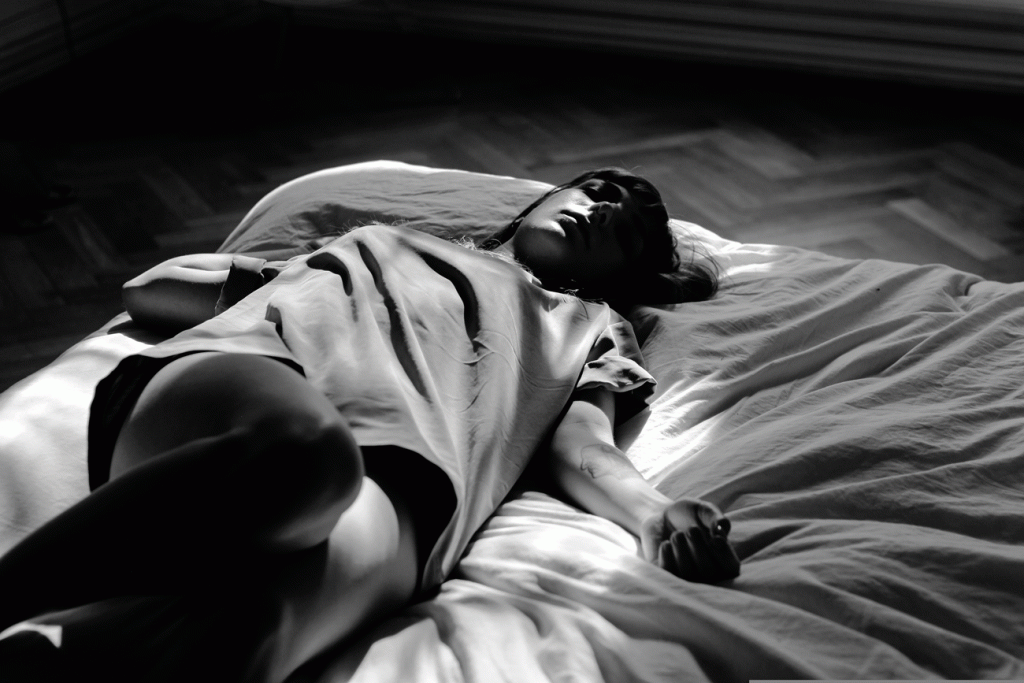
Humans need a great deal of sleep for the brain to be able to sort out impressions and events of the day. We also need to rest, so that our body can repair itself. It seems, reading the papers that hardly a week goes by without some institute somewhere publishing the results of their research into sleep, or lack of it, and giving advice. One piece of advice I particularly like comes from someone called Prof. Pratter from the Behavioural Sleep Medicine Research Institute in San Francisco. He says that our Circadian Rhythm is disrupted because of our modern lifestyle; a detachment from the outdoors, and nature. But don’t despair. To reset our rhythm he suggests the following: that every day we spend some time near a window looking outwards, and that we open the freezer door and let the cold air ‘brush’ our faces.
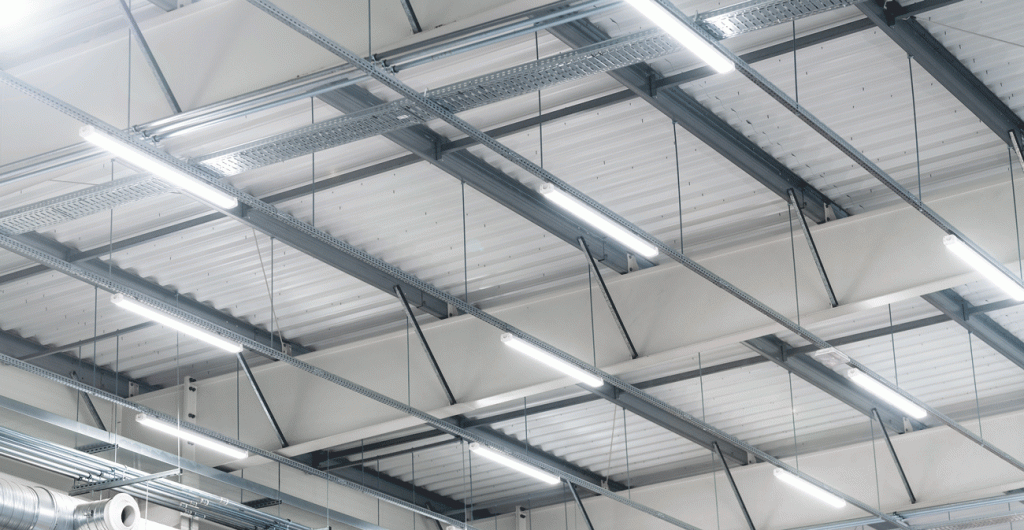
Too much artificial light can displace and distort 200 million years of instinct. And yet, this form of pollution is only recently being taken seriously. As our new development sites spread and our cities grow it is now hard on our overpopulated island to find true dark. For good or for ill, technology has allowed humans in the developed world to live almost independently of the seasons and the fundamental rhythm of night and day. Ridiculous to be reduced to sticking our heads in freezers and getting our light through windows.
All life developed in accordance with the alternating light and darkness. This deeply embedded rhythm has meant that all life forms have adapted to it to eat, breed and flourish; and now their whole existence is under threat. Some people in this area still remember the sight of common glow worms (actually small beetles) locally. Not only has their habitat now been built on, but what would be the point of glowing away in the glare of night lights? The females can no longer signal to the males so they fail to breed, and yet another insect disappears.
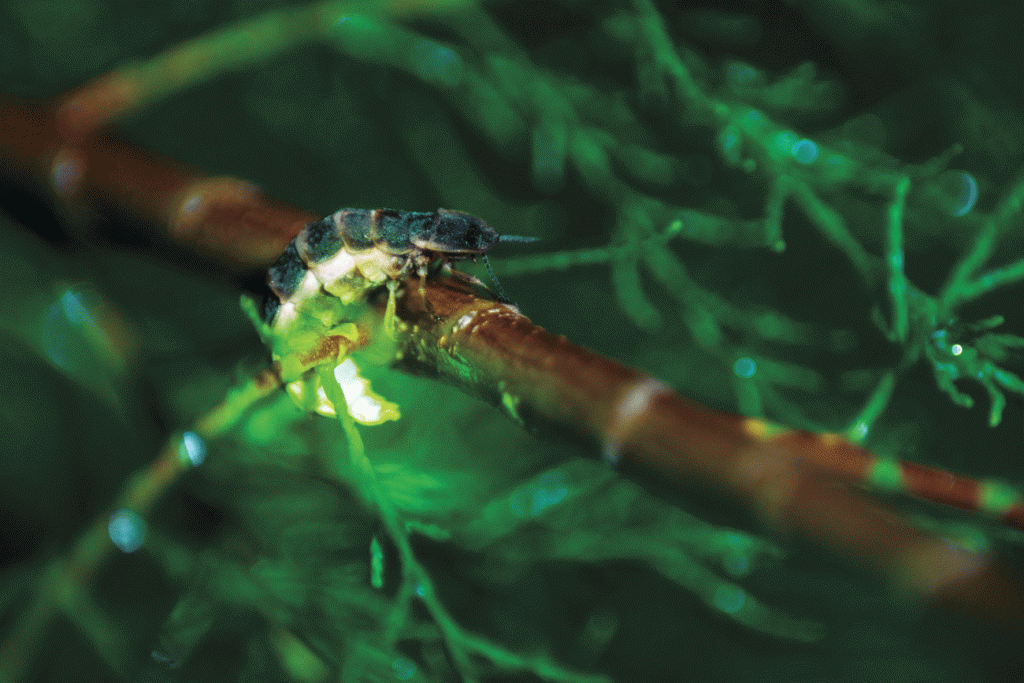
Shrews, hedgehogs and badgers hunt at night, under cover of darkness. Two thirds of all migratory birds make their long haul flights at night, navigating by starlight. There have been reports of multiple fatalities as migrating song birds are confused by the bright lights of cities and crash into tall buildings. Light pollution now appears to be one of the major factors in what is called the insect crash. We have lost, it is estimated, up to 50%.
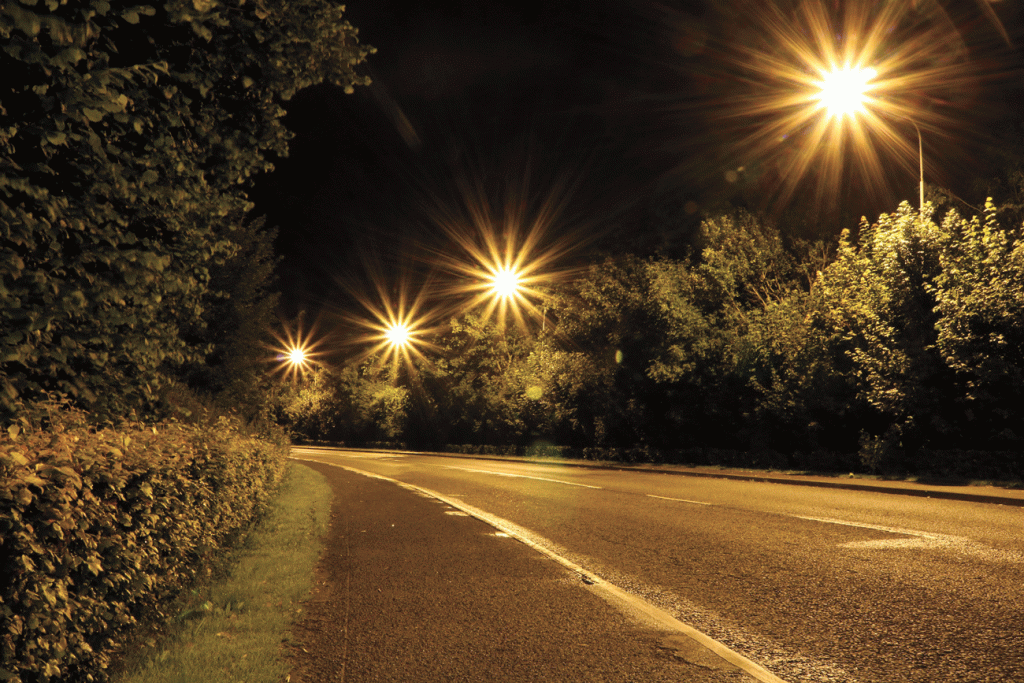
Plants are not immune to light pollution. Flowers which developed to be pollinated by night insects, no longer are. Botanists have noted trees next to street lights remain in leaf up to 3 weeks longer, which wastes the trees’ resources, and ultimately has a life shortening effect. In the spring trees in brightly lit environments bud a month earlier, exposing the new growth to frost damage.
Everything that lives adapted and developed its own way of connecting and surviving in the great Web of Life. Light pollution breaks this pattern in the most fundamental way.
Some countries have taken this threat seriously and have in place legislation to mitigate the effects of light pollution. A number of other countries, are now talking about doing something, but so far that’s all it is; talk.

